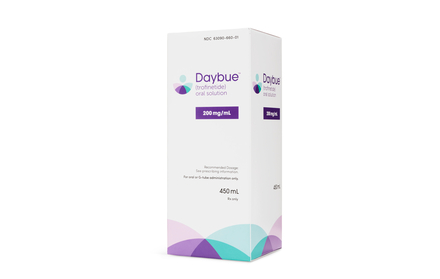
A molecule discovered by Distinguished Professor Dame Margaret Brimble of the University of Auckland, New Zealand is the basis for a breakthrough neurological drug approved by the US Food and Drug Administration on March 10.
Trofinetide will treat Rett syndrome, a condition causing symptoms similar to cerebral palsy or autism in an estimated one in 10,000 girls. NNZ-2566, named Trofinetide by the World Health Organisation, was discovered in 2002.
More than 20 years after the molecule was discovered, Trofinetide, to be marketed as Daybue, is the first drug treatment for the condition. Daybue is expected to be available in the US by the end of April, 2023.
Neuren Pharmaceuticals, established with the help of the University’s research application and commercialisation company UniServices, eventually partnered with Acadia Pharmaceuticals in San Diego to conduct the successful phase-3 trials.
Rett syndrome almost exclusively affects girls, with motor control and communication skills stagnating or regressing after the first six to 18 months of a child’s life. Successes in clinical trials have included girls walking or talking for the first time.
In children with the condition, mutations in a gene called MECP2 inhibit the formation of a molecule essential to cognitive and motor function. Trofinetide is a synthetic version of that molecule.
A second neurological drug from Dame Margaret and her team working with Dr Jian Guan, NNZ-2591, also has big potential. NNZ-2591 has FDA approval to enter phase 2 clinical trials for the treatment of Phelan-McDermid syndrome, Angelman syndrome, Pitt-Hopkins syndrome and Prader-Willi syndrome.




